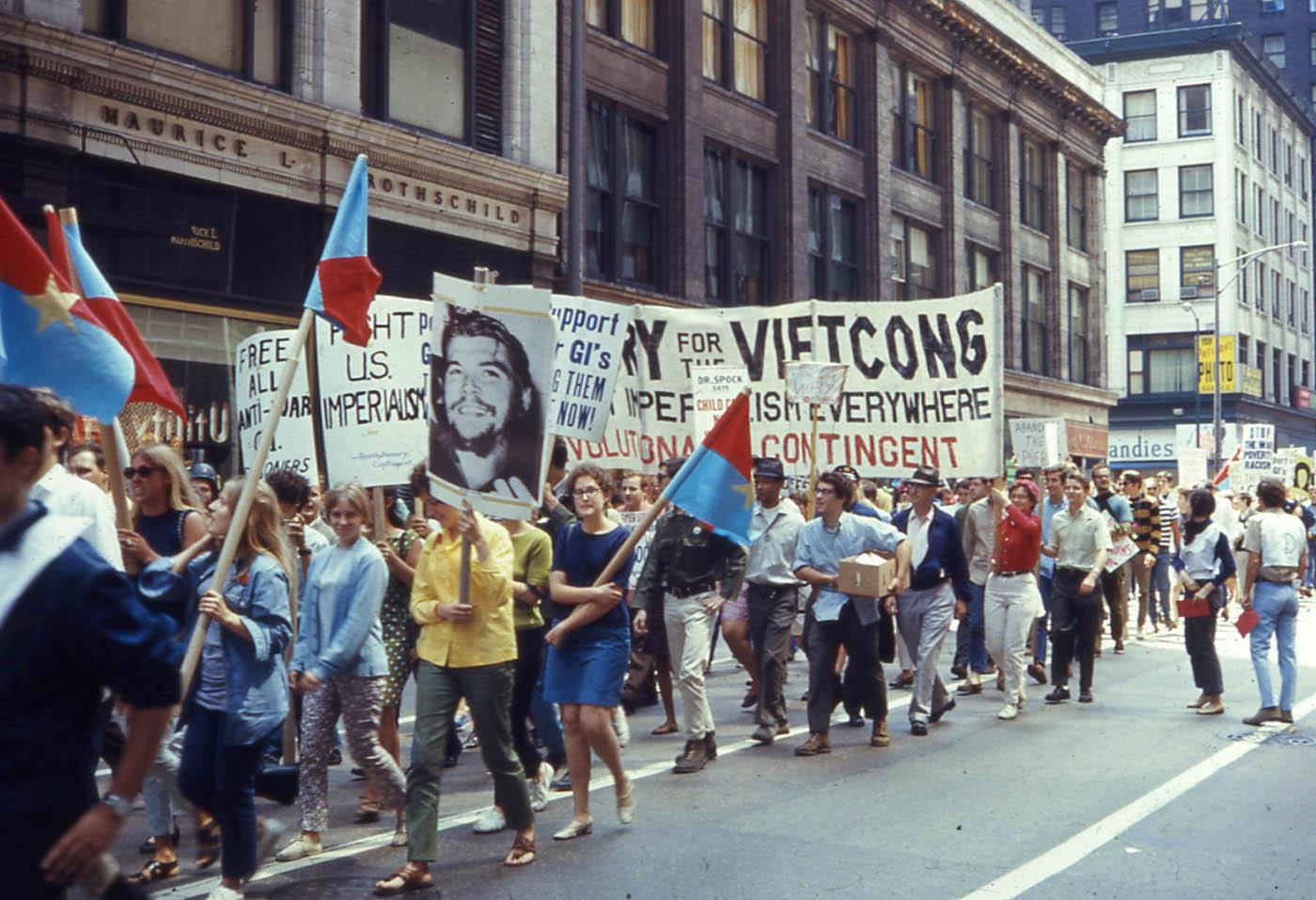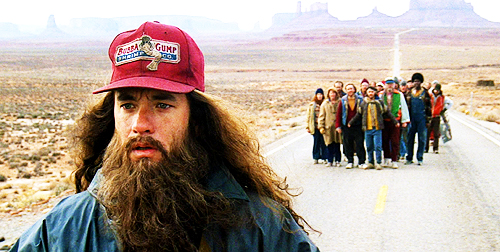Blog #113 – Was JFK a good president?
This week, we’ve been analyzing the main question – was JFK a good president? – and looking at his accomplishments and setbacks. A couple of the classes compared his shortened presidency to other presidents with shortened terms (Harrison, Taylor, Garfield, Harding, Ford). We also looked at how he compared on presidential rankings (he was ranked as high as #6 and as low as #18 with a composite ranking of #10). Then we analyzed 9 chapters from the book, 40 Ways to Look at JFK by Gretchen Rubin, and looked at different ways that biographers have portrayed JFK’s strengths (his excellence, high ideals) and his weaknesses (his lies, his health), and in some ways that are still unsettled (his views on Vietnam, Civil Rights, and his treatment of Jackie Kennedy). I have hoped that with this analysis (along with the Portrait contrasting Kennedy w/ Ike) provides you with a nuanced portait (no pun intended) of the president. 
There were three areas of contention among biographers:
- Civil Rights leader – he saw it as important, as a “moral” cause, but didn’t push hard enough to make true changes. In essence, he and his brother, Robert Kennedy, the Attorney General, were reacting to provocations that Civil Rights leaders made happen in the Freedom Rides, James Meredith at Ole Miss, and the Birmingham Children’s March. He also tried to derail the March on Washington in August 1963 for fears of antagonizing Southern lawmakers that he needed on his side to pass New Frontier legislation.
- Vietnam – Some historians stated that Kennedy was going to de-escalate or pulled Americans forces out of Vietnam, potentially preventing great loss of life on both American and Vietnamese sides. He wanted fewer advisors in Vietnam, but was unable to pull them out and never specifically said that we would leave. Other historians point to the fact that Kennedy increased the number of advisors from 1,000 to 16,000 by his death. These historians point out his harsh Cold War rhetoric and saw any retreat from confronting communism in Asia as a problem in his reelection. Kennedy believed that we could stay and win the war.
- His attitudes towards women – his treatment of his wife in particular, and his philandering with other women, sound very old-fashioned. He had no problem with paying women less. He treated his wife poorly (vacationing while she was eight months pregnant and not returning for the still-born birth of his child).
Here’s what I want you to do:
- Argue whether or not you think Kennedy deserves a top 10 ranking as president and explain why. Use specific pieces of evidence from the biographers’ comparisons and the answers to the questions on the Google Doc.
- Do the counter argument with what you just argued in #1. Use specific pieces of evidence from the biographers’ comparisons and the answers to the questions on the Google Doc.
400 words total. Due by class on Friday, October 19.
Wikipedia compilation of presidential rankings: https://en.wikipedia.org/wiki/Historical_rankings_of_presidents_of_the_United_States
Latest presidential ranking by Boise State: https://sps.boisestate.edu/politicalscience/files/2018/02/Greatness.pdf



.jpg)








